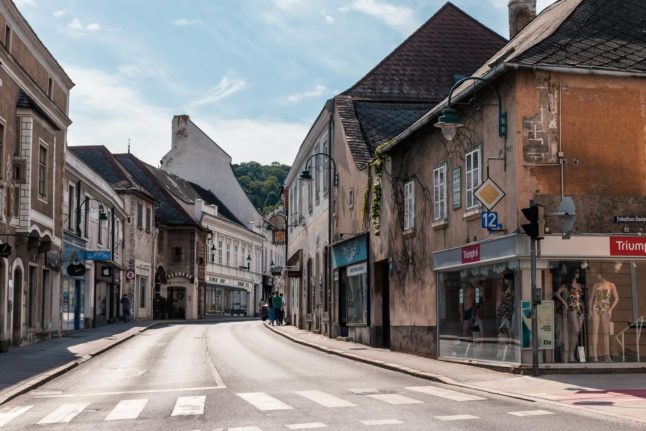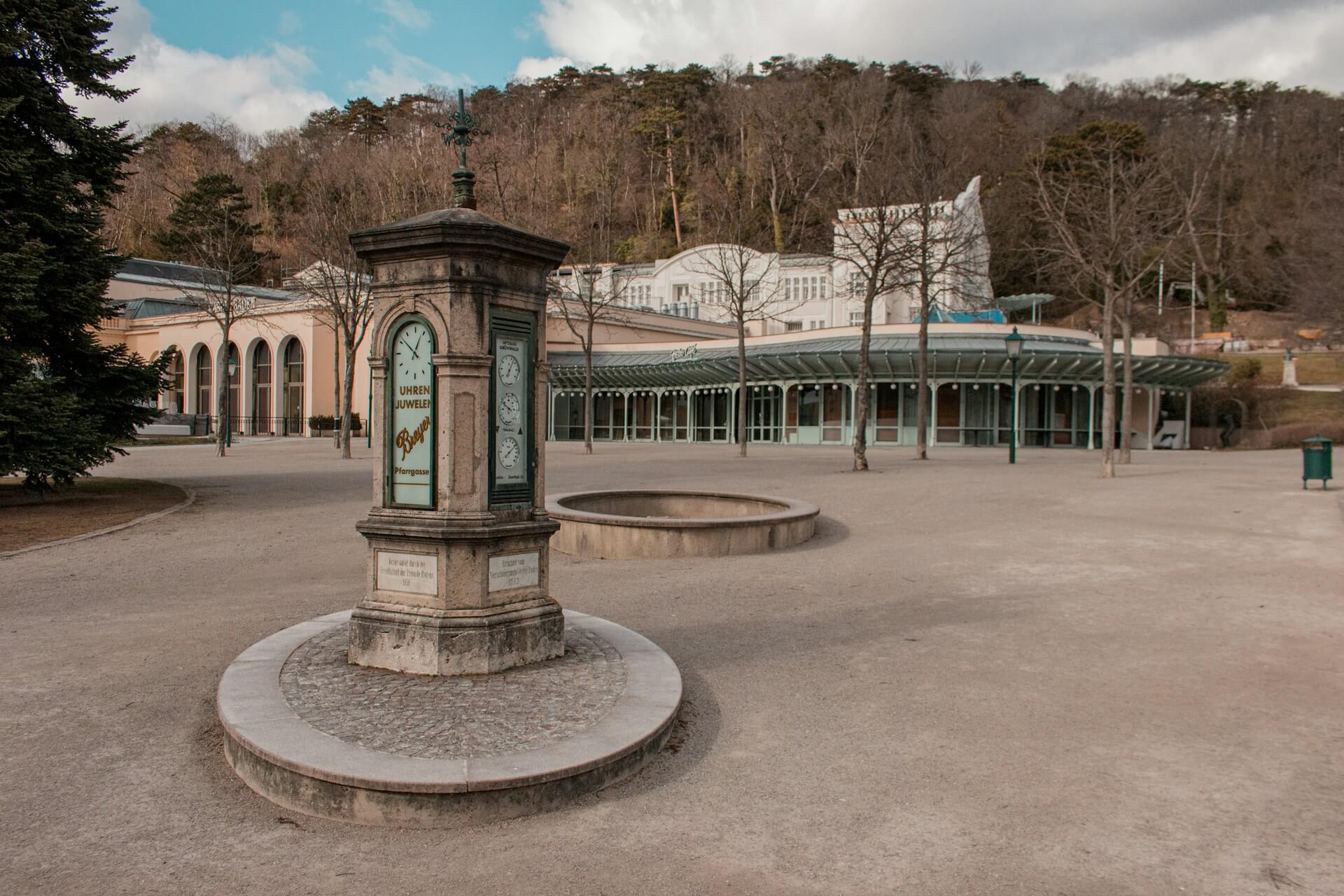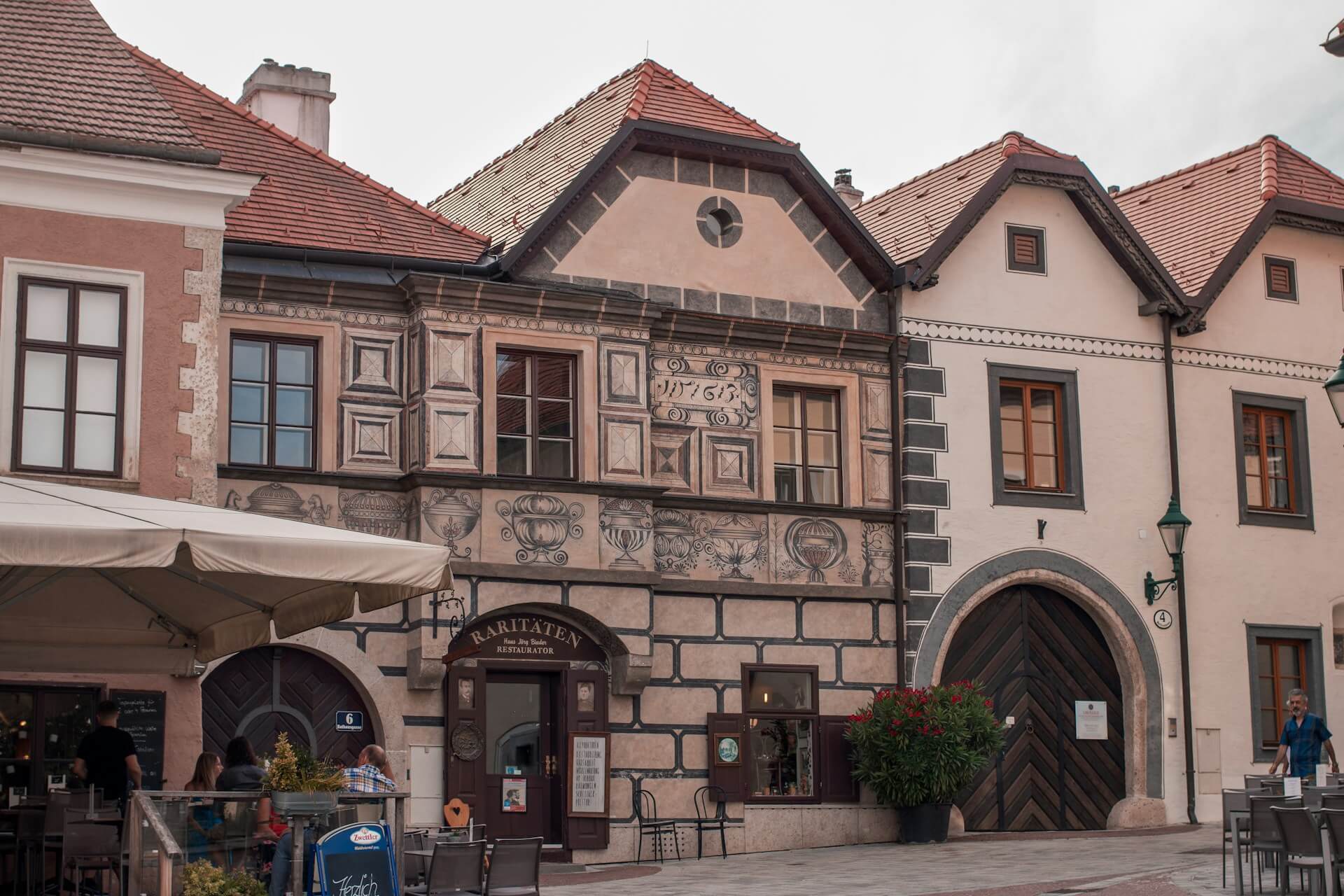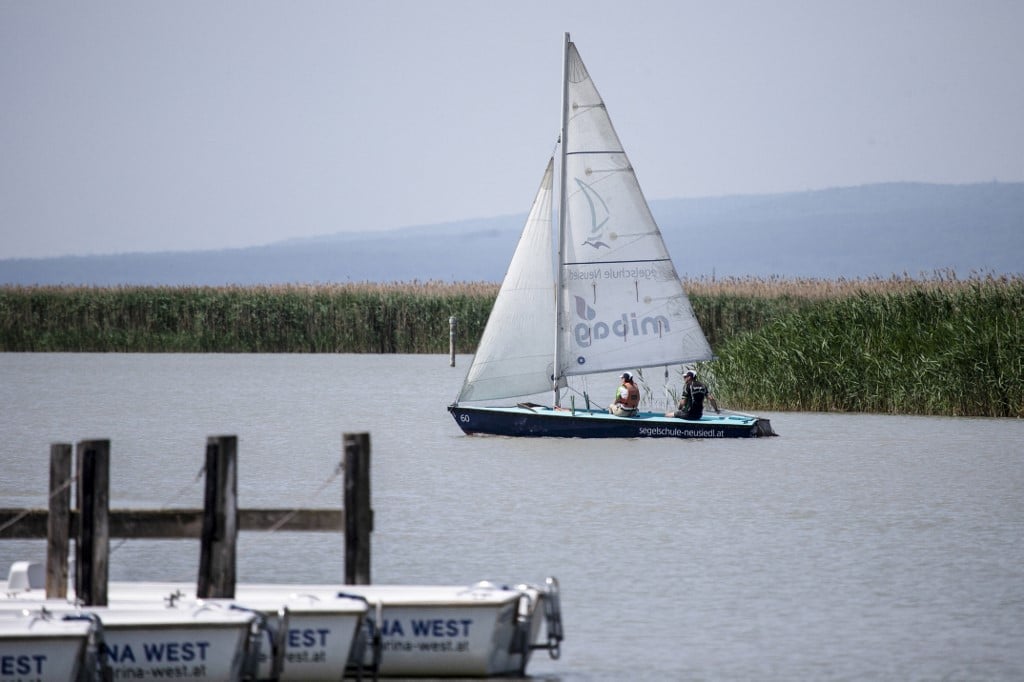According to estimates by the British Council, there were approximately two billion people either speaking or learning English in 2020. Combine this with the approximate 250,000 native English speakers teaching the language around the globe, and it’s safe to say that there are real opportunities for those wishing to become English teachers abroad – including in Austria.
Teaching English in Austria is an enriching and rewarding experience, offering opportunities to connect with locals, make a difference in students’ lives, and – with enough time and commitment – earn a decent living.
Before exploring what options are available to anyone wanting to teach English in Austria, it should be noted that you will need at least a TEFL (Teaching English as a Foreign Language) qualification in order to find work. At around €200 for a 120-hour online course, this certificate is fairly inexpensive given it provides you not only with the essential principles of language teaching, but ultimately the ability to teach as a private tutor.
READ ALSO: ‘Life is about opportunities’: Why people move to Austria
It may also be worth considering a CELTA (Certificate in English Language Teaching for Adults), which is a qualification awarded by Cambridge Assessment English. You’ll find courses in Austrian cities including Vienna.
Online private tutoring: A lucrative option
There are many avenues to choose from when considering a career in language teaching. Whether you’re living in Austria or elsewhere, one of the more accessible ways to start is by teaching privately online. Parents all over the world have long been willing to pay competitive rates for private lessons, seeing it as an investment in their children’s future.
Now, with reputable online language learning platforms such as Italki, Preply, and Verbling gaining prominence in the language education landscape, there has never been a better time to find prospective students from the comfort of your own home.

Of the three companies mentioned, Hong Kong-based company Italki, with over five million users and 10,000 teachers, has gained particular renown.
Its teacher-friendly approach means you’ll be charged a relatively modest 15 percent commission on your earnings, in contrast to the 33 percent levied by some of its competitors. The platform also boasts a dedicated support team that quickly takes care of any issues encountered during the teaching process.
So, if you want to be an English teacher in Austria, Italki is a great first step. You only need your teaching English as a foreign language certificate to join, phone/computer, and a stable internet connection. With these three things, you can reach a global audience of eager students, and enjoy full autonomy in how much you charge and when you want to work.
For full info on vacancies and requirements, you can visit the “Become a Teacher” section of their website.
READ ALSO: Six official websites to know if you’re planning to work in Austria
In-person tutoring: How to find local students
Many of Austria’s parents are keen to provide their children with the best possible education, especially when it comes to preparing for the “Matura” (school leaving certificate). They often seek private tutors to boost their children’s grades, and in doing so create a high demand for English language instruction.How many private students you get depends wholly on how proactive you are in finding them.
Meanwhile, many adults in Austria (and indeed from other countries) are keen to improve their English skills for various reasons, such as job opportunities or for fun.
Undoubtedly, word of mouth stands as the most economical means of attracting new students; however, before this organic process of advertising can take root, you’ll first have to establish a student base.
Advertising through social media platform Meta is an extremely effective way to get the ball rolling, and you don’t need a budget of more than €50 to start seeing interest in your services.
If you have the time and resources, consider handing out leaflets to parents waiting outside schools; this gives them a brief opportunity to get to know you in person, removing that impersonal barrier of online ad campaigns.You could hand leaflets into workplaces. Startups, for instance, often offer their staff weekly English lessons.

Unlike teaching through an online platform, giving in-person lessons as a self-employed tutor involves the responsibility of marketing yourself and fully embracing the freelancer experience; it’s harder work, but you get to keep 100 percent of the money you make.
There is also the option of offering classes online to students within Austria, or arranging a hybrid model, if that setup suits both you and the student.
READ ALSO: The ‘easiest’ entry jobs to get in Austria if you don’t speak German
In-person language schools: A more traditional teaching environment
To supplement your online work, you may also wish to consider working with an established language school like Berlitz. These institutions often hire qualified English teachers and offer a work environment more structured than that of online teaching.
Berlitz, with a presence in over 70 countries, is also based in the majority of Austria’s larger cities, so the likelihood is that you will always be within commuting distance of one of their centres. But there are also plenty of smaller language schools that are worth getting in touch with.
In order to be considered for a position, the schools generally ask that you have a degree, with professional experience being an advantage.
They offer a reasonable hourly wage, though far less than what you can expect to charge through private tutoring, and they state that teachers can enjoy a considerable amount of flexibility in when they want to work.
Teaching in Austrian schools: Hurdles to be aware of
In the interest of full disclosure, it’s important to understand that if you’re absolutely determined to teach in Austria’s state schools, this pathway can be one of the most challenging to becoming a full-time English teacher.
While having a TEFL or CELTA is valuable, it won’t suffice for being able to teach in any of the country’s primary (Volksschulen), secondary (Hauptschulen), middle (Mittelschulen), polytechnic (Polytechnische), and special schools (Sonderschulen).
To teach, for example, at a non-private general secondary school (Gymnasium), you are required to have a teaching qualification (Lehramt) which, in Austria, entails a 12-semester combined bachelor and master’s degree. If you already possess a similar degree in teaching, you will have to go through the (reportedly laborious) process of ‘nostrification’, which essentially ensures your qualifications meet the Austrian educational standards. This, combined with prerequisite C1 German skills, means it could be a long time before you’re able to teach in the traditional school setting.
For those of you still undeterred in teaching at Austrian state schools, you can find more information concerning the educational system in Austria on the Educational Directorate website.
Teaching English in Austria offers a world of opportunities, whether you opt for online platforms or tap into the countless undiscovered students who are looking for support in learning English and your teaching expertise. So, take that step, get qualified, share your expertise, and be a part of the enriching experience of helping others towards English proficiency.








 Please whitelist us to continue reading.
Please whitelist us to continue reading.
Member comments